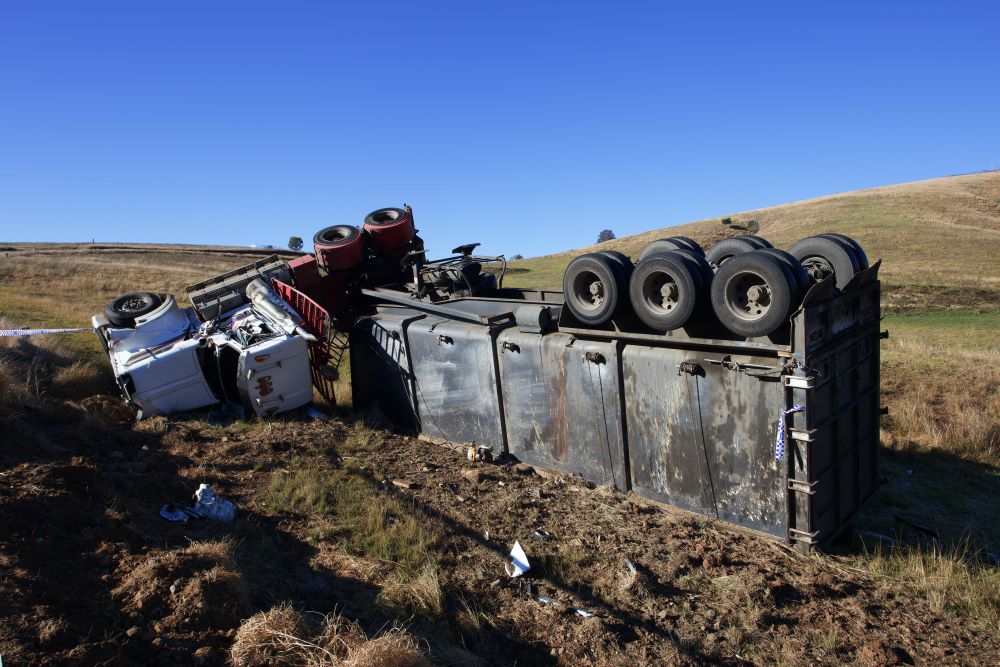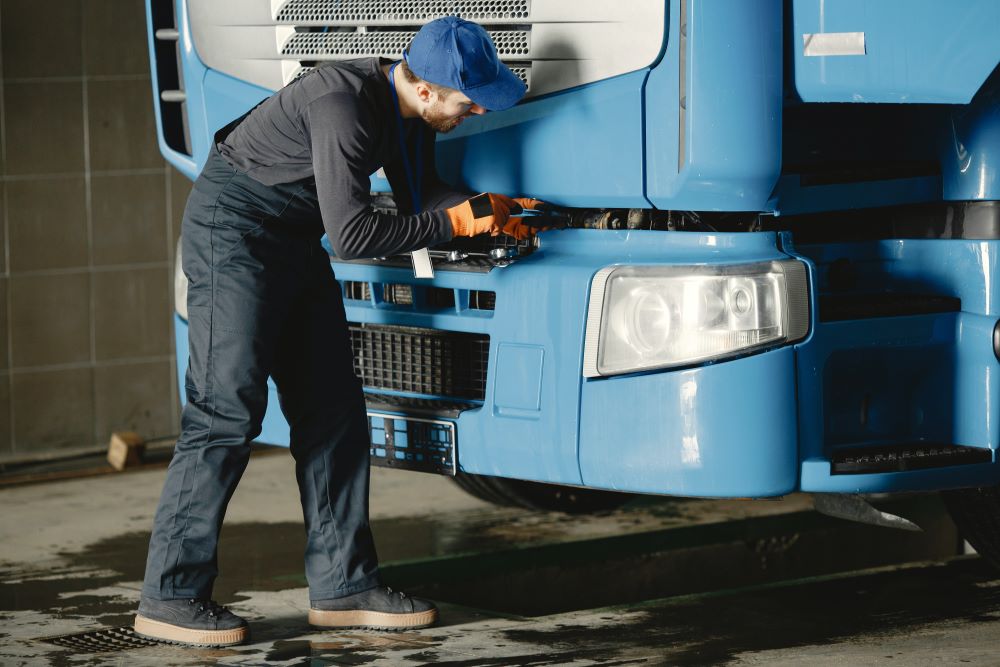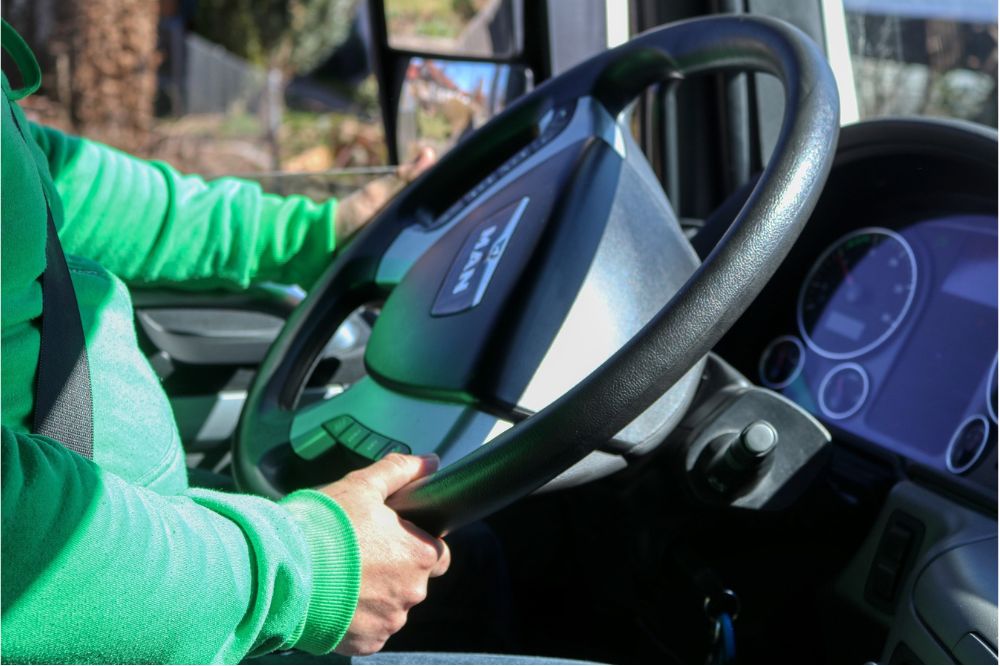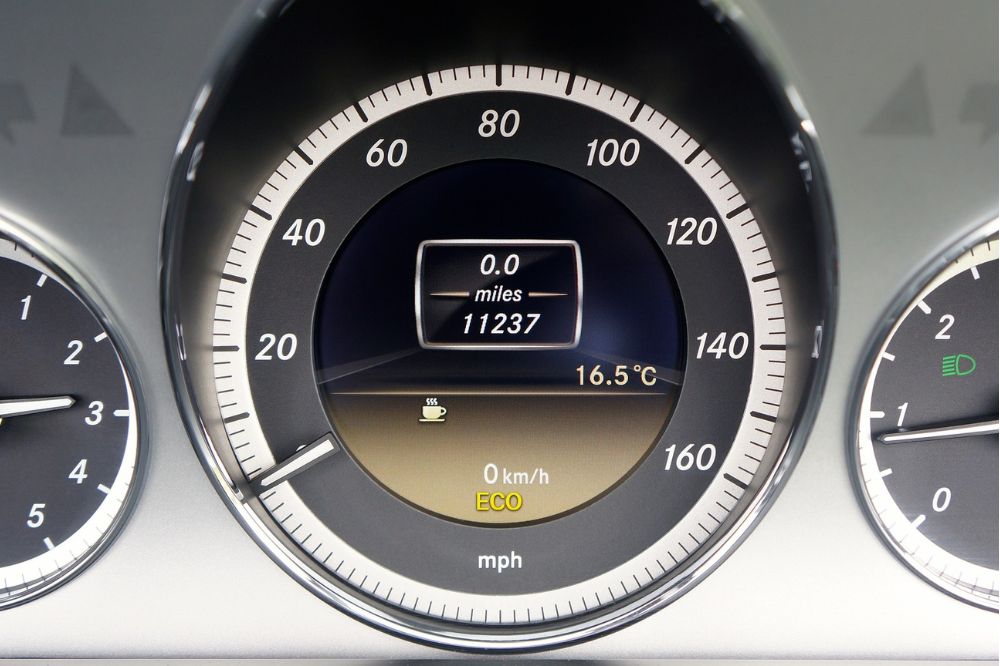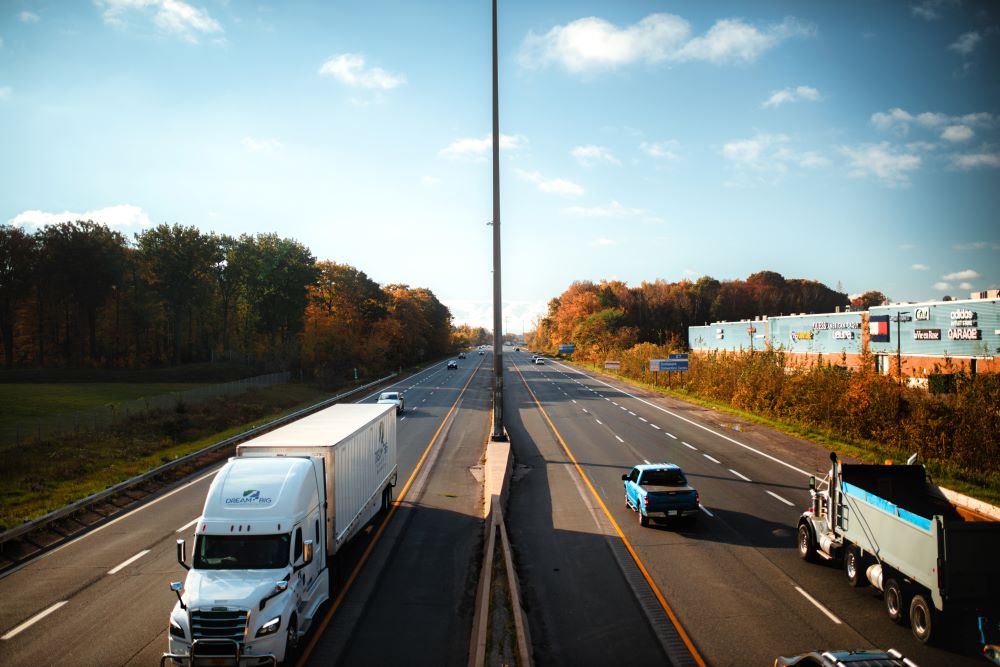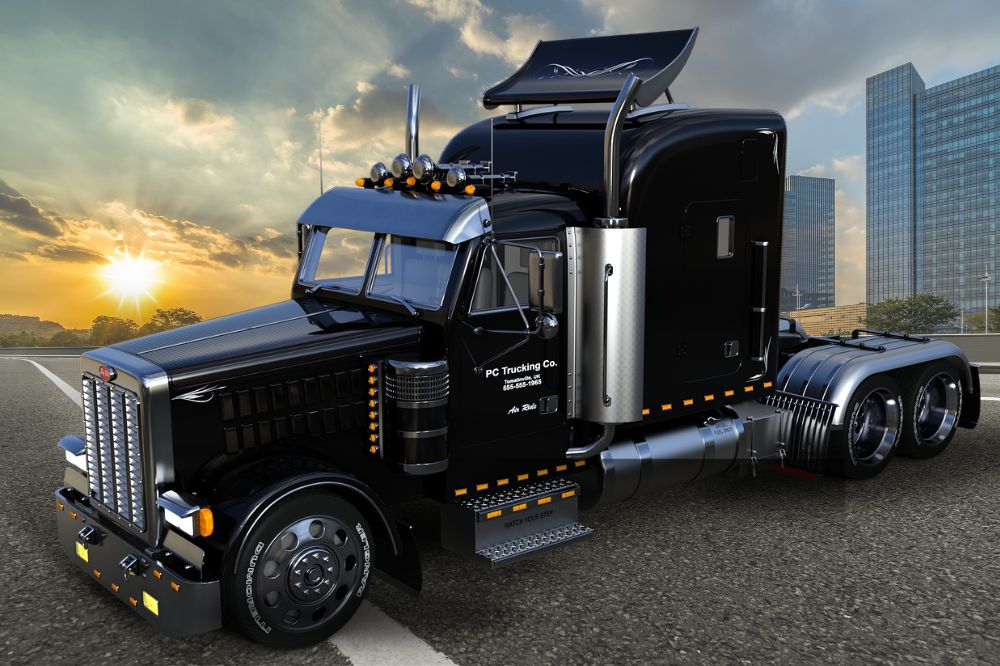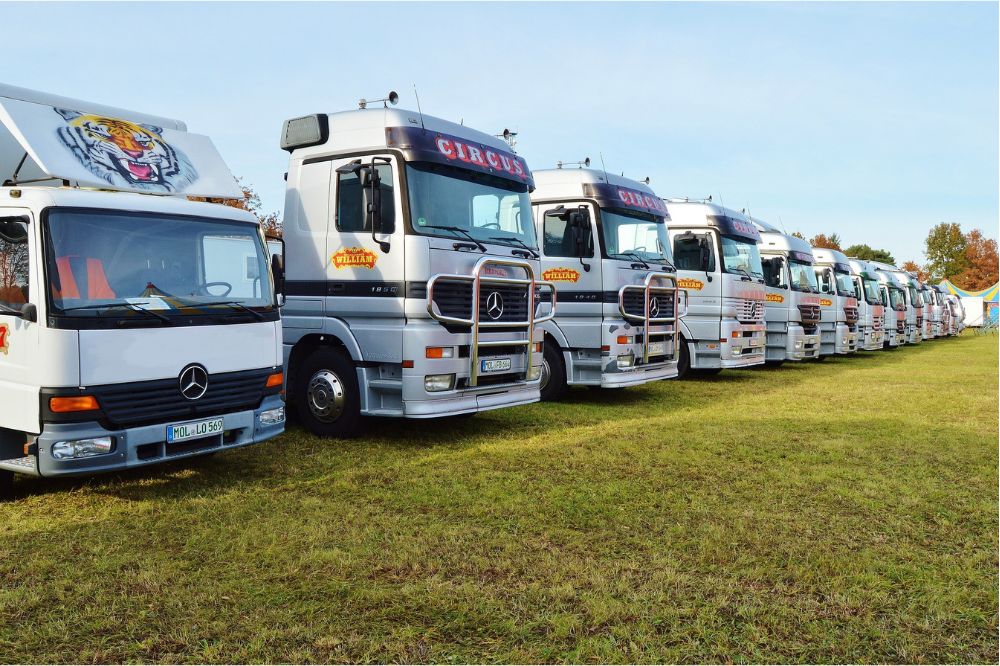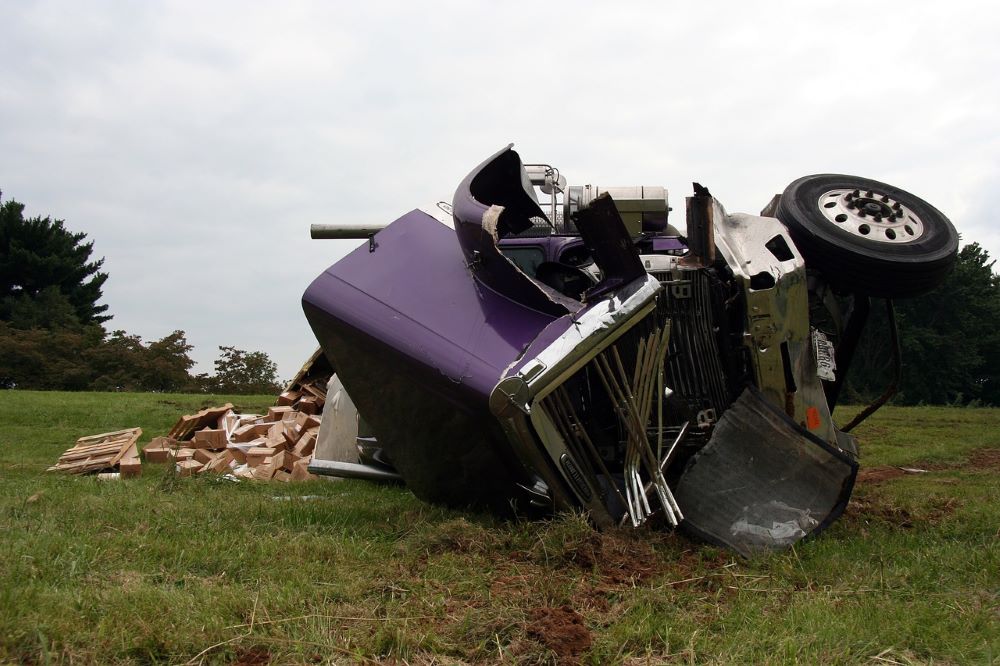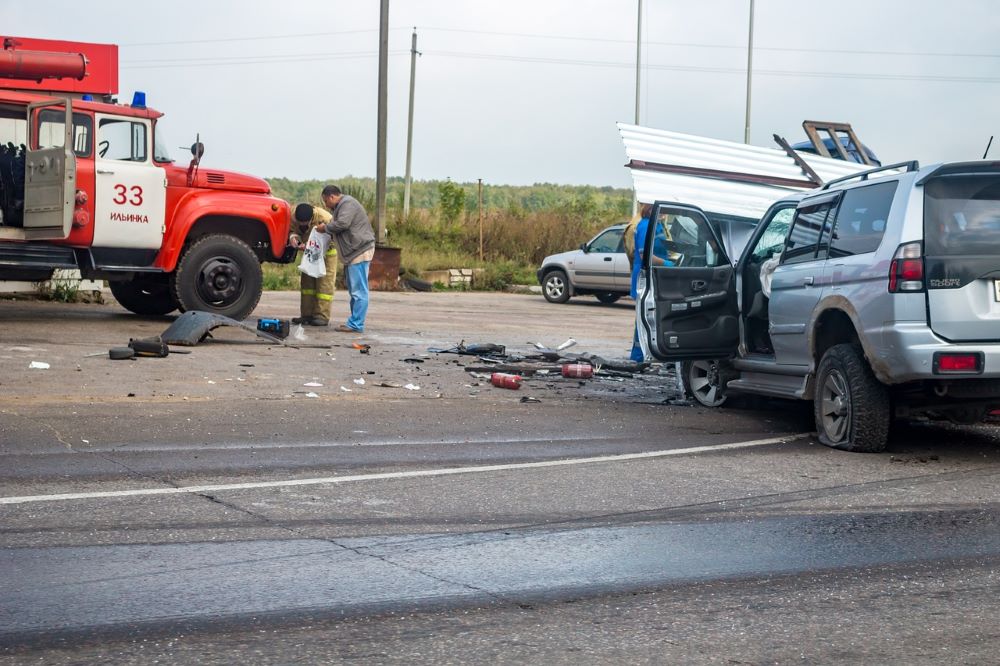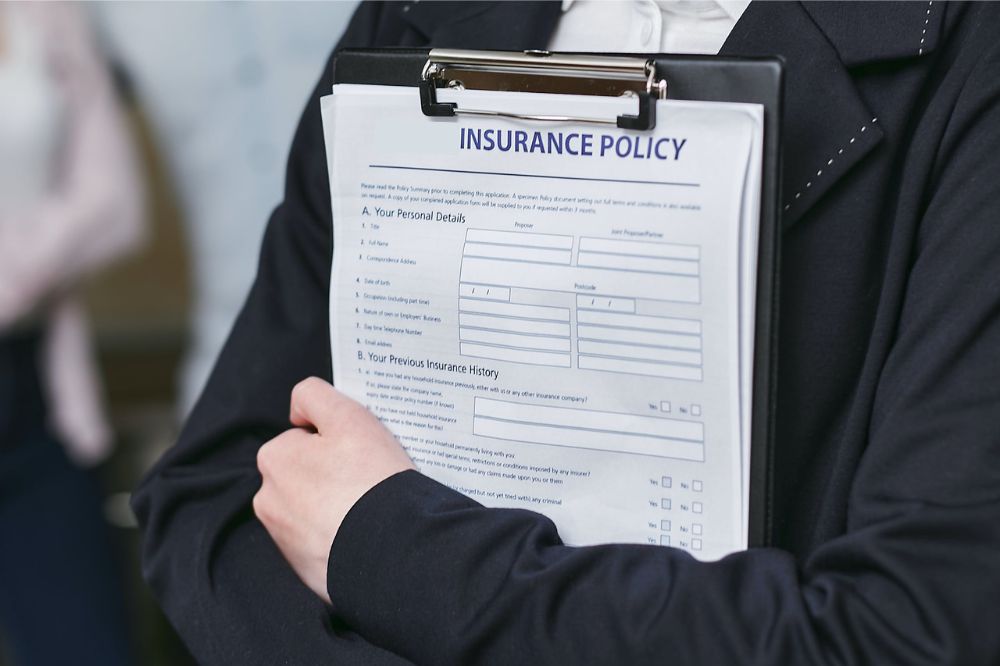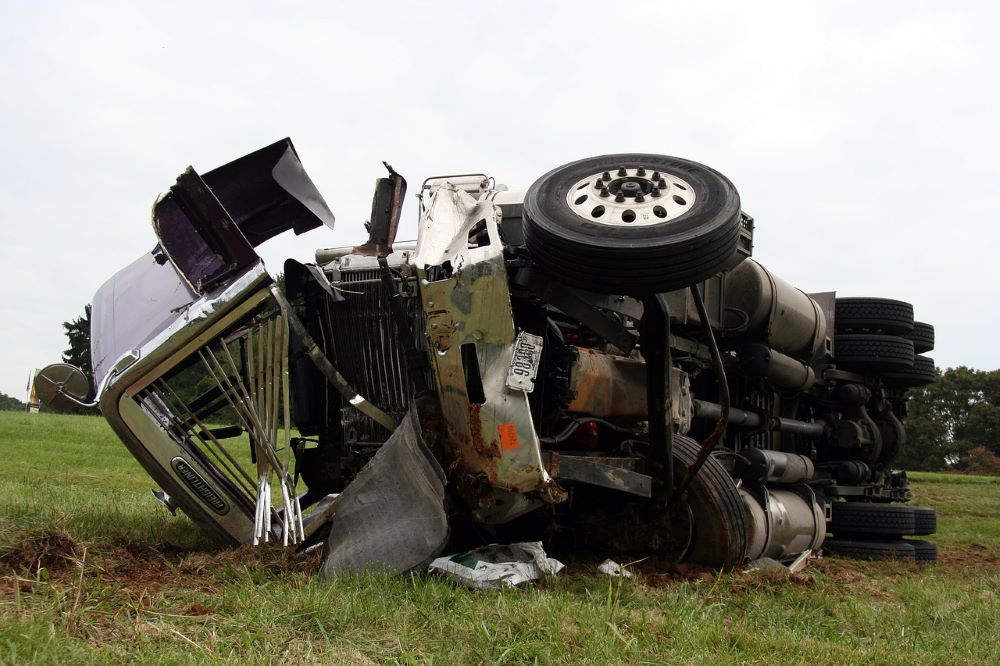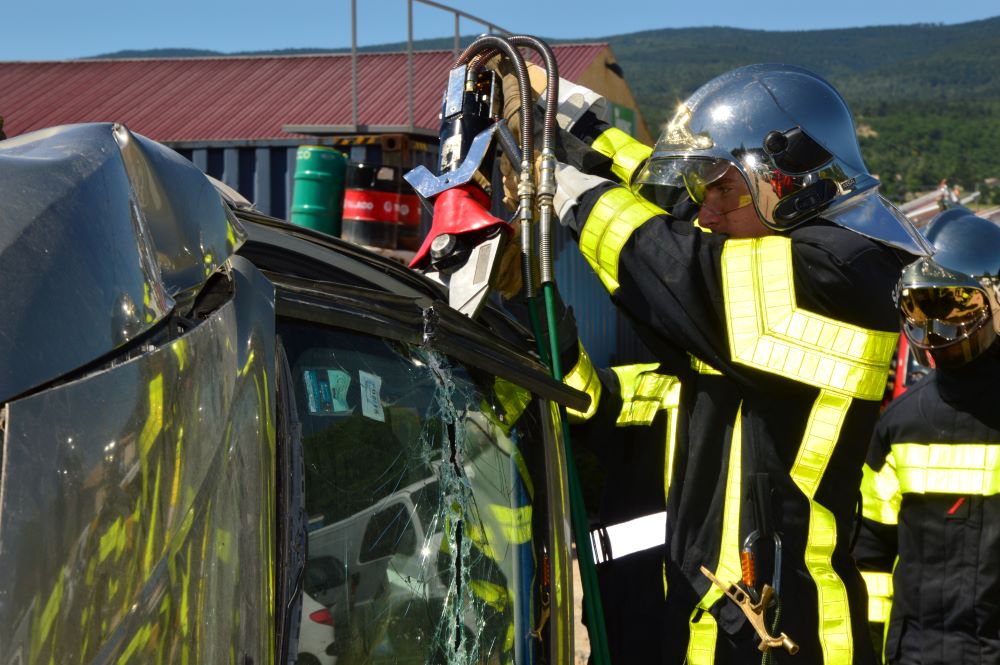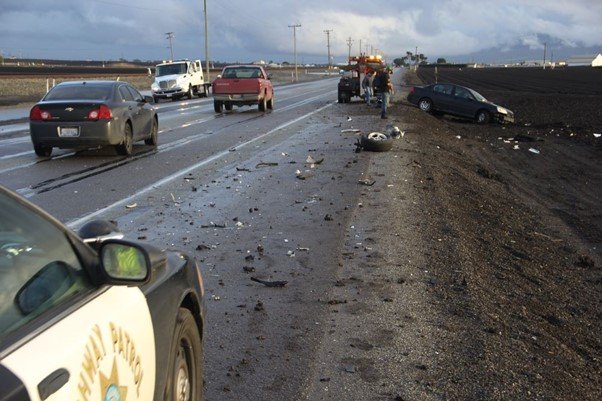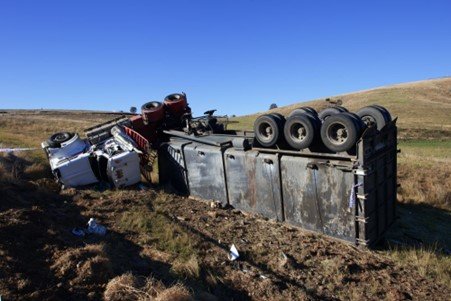Commercial truck accidents are one of the biggest risks of running a trucking business. Even the most experienced commercial truck drivers can get caught up in an accident, so it’s essential to be alert at all times and aware of all possible accident causes.
While you never know what lies ahead when operating a truck, drivers must be prepared for all possible scenarios. To help you out, this guide explores some of the key causes of commercial truck accidents and how to avoid them.
How to Avoid Commercial Truck Accidents as a Driver
You can never predict when a commercial truck accident will take place. However, as a truck driver, you must do everything you can to prevent these accidents.
Here are some of the most important steps and considerations to avoid minor or fatal truck accidents.
Regular Maintenance
The most critical step in avoiding truck accidents is to make sure your vehicle is in good running condition. 10% of truck accidents result from vehicle errors, so ensuring your vehicle is taken care of will immediately reduce any risk of an accident.
Ensure that the commercial trucks are well-maintained. Regular inspections, maintenance, and repairs will help prevent mechanical failures that could lead to accidents.
Be sure to check all common issues before each truck journey. This includes looking for bad shocks, fuel filter issues, a bad starter, or faulty brakes. Keep your truck’s tire pressure at the right level, maintain correct oil levels, and pay attention to any strange noises or movements coming from the truck.
If you experience anything unusual, report this to a mechanic or take the truck in for maintenance. Not only will fixing issues early on help you avoid more significant accidents, but it can also be cheaper in the long-term maintenance of your vehicle.
Beyond the regular checks a truck driver should perform, you must never miss a service. Regularly servicing the truck will help you detect any possible issues that could result in accidents.
Secure Your Load
Truck accident statistics show that the cargo causes a large portion of accidents. Truck drivers must ensure their cargo is secured correctly and safely handled to avoid any cargo-related accidents.
Improperly secured cargo can shift, causing loss of control and accidents. The truck driver must understand the cargo they are transporting and how best to manage it. Some difficult types of cargo even require special licenses and training – ensure you are equipped with this if it applies.
When driving on multi-day trips, always check the cargo at the start and end of each day. Cargo can often shift around during long days on the road, so staying on top of it can play a significant role in avoiding truck crashes.
Driver Training
Of course, most truck accidents happen as a result of poor driving. You must have a good driver behind the wheel to avoid truck accidents.
Employ qualified and trained drivers who understand the unique challenges of driving commercial trucks. Provide ongoing training to keep their skills up-to-date.
The best way to minimize the risk of truck crashes is to use a driver with plenty of experience in the route, experience with the vehicle, and experience with the cargo they’re hauling. The longer the driver has had their commercial driver’s license (CDL), the better.
While gaining experience takes time, younger drivers can improve their odds against truck crashes with ongoing training. Consistently keeping up to date with best practices in truck driving safety is essential.
Drivers can also enroll in short courses to improve their truck driving skills and knowledge for different scenarios. For example, you could take a short course in driving in the snow or a course in driving vehicles that carry abnormal loads to better equip yourself with different types of commercial truck driving.
Vehicle Knowledge
Following on from the point above, many commercial truck accidents happen when the driver is unfamiliar with handling the vehicle.
A critical step in avoiding fatal crashes is gaining plenty of experience in the specific type of truck you’re driving. Understand the gross vehicle weight rating, know the total vehicle miles, and get accustomed to the tractor-trailer setup. The better truck operators know their vehicle and how to handle it, the easier it will be to avoid large truck crashes.
Hours of Service
Even the most knowledgeable and experienced truck operators can cause fatal crashes if they’re overly tired. Long-haul truck drivers need to get enough rest when driving their routes.
Always adhere to hours of service regulations to prevent driver fatigue. Make regular use of truck stops, and know when you need rest.
A significant number of commercial truck accident statistics result from fatigue. So, getting enough rest is essential if you’re driving a large truck. Not only does this protect the truck driver, but it protects any other passenger vehicles on the road. This is why national highway traffic safety places so much emphasis on truck drivers resting when necessary.
Avoid Distracted Driving
Drivers must stay focused on the road and avoid distractions like cell phones or other electronic devices. Fatal crashes can easily occur when the truck driver takes their eyes off the road for only a moment.
As a truck driver, you must always keep this in mind and practice absolute vigilance when driving.
Speed Management
This is another basic rule for truck driving, but it significantly reduces fatal crashes. fatal crashes.
Always follow speed limits and adjust speed based on road conditions, weather, and traffic. Speeding is a common cause of commercial truck accidents, but it’s an easy issue to avoid.
Even if you’re driving behind schedule, sticking to the speed limit can help you get your cargo to its destination safely – which is more important than getting there quickly.
Safe Following Distance
Always maintain a safe following distance from other vehicles. Commercial trucks require more time to stop due to their size and weight, so large trucks must keep their distance from other passenger vehicles.
Fatal truck crashes often result from drivers not having enough time to stop. So, keep your distance, and you’ll be a far safer driver.
Weather Awareness
While the weather is beyond your control, anyone driving a large truck needs to understand how to drive in different weather conditions.
Always check the weather report before taking to the road, and be prepared for different weather conditions. Slow down and exercise extra caution in adverse weather conditions like rain, snow, or fog.
Defensive Driving
Train drivers to anticipate the actions of other drivers and be prepared to react appropriately. This can help avoid collisions caused by other drivers’ mistakes.
The truck driver doesn’t always cause commercial truck accidents. Instead, negligence may be due to passenger vehicle drivers. However, when trucks get involved in fatal crashes, the situation becomes a lot worse.
Large truck occupants need to know how to react swiftly to other vehicles on the road. Taking a defensive driving course is always a good idea for commercial drivers.
Avoid Aggressive Driving
Being a truck driver can get frustrating, but drivers must always stay calm and collected on the road.
Avoid any aggressive driving behaviors such as tailgating, road rage, and abrupt lane changes. Crashes involving large trucks are often caused by these brief moments of aggression – which can quickly turn into a fatal accident.
Use Mirrors
Any large truck occupants need to make the most out of their mirrors.
Make proper use of mirrors to be aware of the surroundings. Blind spots are larger for commercial trucks, so use mirrors to stay informed. Always double-check the mirror, even if you think the road is clear.
Observe Traffic Signs
Another obvious one is that road signs are there to keep truck drivers safe. As driving a large truck is a different experience, truck drivers must closely monitor road signs that relate to them.
Follow all traffic rules and signs, including weight limits, height restrictions, and other commercial vehicle-specific regulations. Of course, drivers also need to understand their truck’s height and weight before setting out on a journey.
Conclusion
Knowing how to avoid commercial truck accidents is essential to being a truck driver. Always be aware of the common accident causes and be alert about how to avoid them. This is one of the most critical functions of anyone operating a large truck.
Looking to purchase a semi-truck for your business? Get in touch with us at Mission Financial Services where we help all kinds of truck drivers acquire commercial vehicle financing, regardless of credit score.

